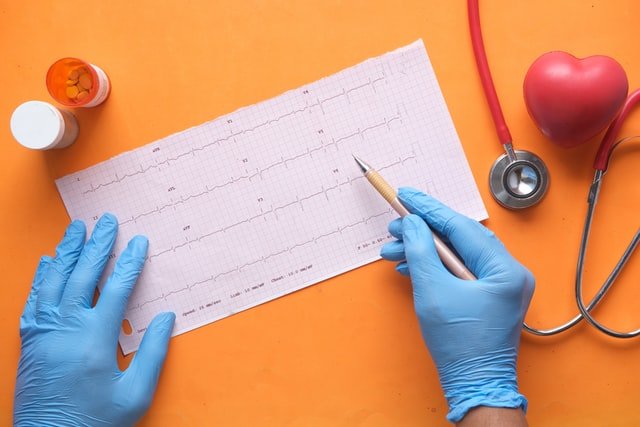Back pain is a common problem and a prominent cause of disability globally. Back pains may result from old age or being overweight. Back pains are common Roswell motor vehicle accident injury because the back takes a tremendous amount of stress and tension from a high-impact crash.
A car accident may cause your spine discs to rupture and slip out of place. Therefore, you will require surgery to heal your back injury.
Here are the top 5 tips for taking care of yourself after back surgery,
1. Pay attention to your scar
Many back surgeries involve relatively small incisions, which helps to reduce scarring. Small incisions lessen the danger of infection, although they do not entirely remove it.
Change your bandage as instructed by your doctor or find someone to do it for you. Avoid tub baths until your scar has healed. Keep an eye on the scar for symptoms of infection, such as increased redness or swelling.
2. Eat healthy food
Due to activity limits in the early stages of recovery, you might be tempted to order takeout or eat high-calorie convenience meals. However, these meals make it easy to gain weight, which might put more pressure on your recovering spine.
Furthermore, many of these meals induce inflammation, which might obstruct recovery. Instead, before your operation, stock up on nutritious snacks and prepare some easy-to-reheat meals. Meal prep will be much simpler after discharge, so you will be able to evade unhealthy eating habits.
3. Watch your movements
After back surgery, you need to avoid twisting, twisting, lifting items weighing more than 5 pounds, or pulling/pushing movements. In addition, do not sit or stand for lengthy periods. Lifting anything over your head after a spinal fusion should be avoided until the fusion is completely healed. Your doctor will keep you updated on the progress of your fusion healing.
Consult your surgeon regarding your ability to climb or descend stairs. Stair climbing may be banned for the first week or two following back surgery for some people.
4. Pain management
Take your pain medications exactly as prescribed, and get refills on time to avoid gaps in your pain treatment. Contact your surgeon immediately if your prescribed drugs do not correctly manage your pain. Take only the pain management medications prescribed by your surgeon.
Your doctor may recommend using other non-drug methods to relieve your pain, such as gentle massage, light exercise, brief rest intervals, and constant repositioning.
5. Commit to your rehab program.
Depending on your surgery, health history, and other circumstances, you may need physical therapy, at-home exercises, and a rehab routine. Although physical therapy may not be one of your favorite activities, it is very crucial to help you recover.
After learning what your rehab program entails, make a mental commitment to stick to it. You can always contact your doctor to answer any queries you may have concerning your rehab treatment.
The healthy habits you develop throughout your recovery from back surgery may also help you avoid future or further spine/health concerns. So, retain that positive attitude and continue to exercise, eat properly, and get enough rest, and you will be able to recover within a short time.
If you are suffering from back pain, contact Polaris Spine & Neurosurgery Center to schedule an appointment for back surgery so that you can live a happy and pain-free life.


